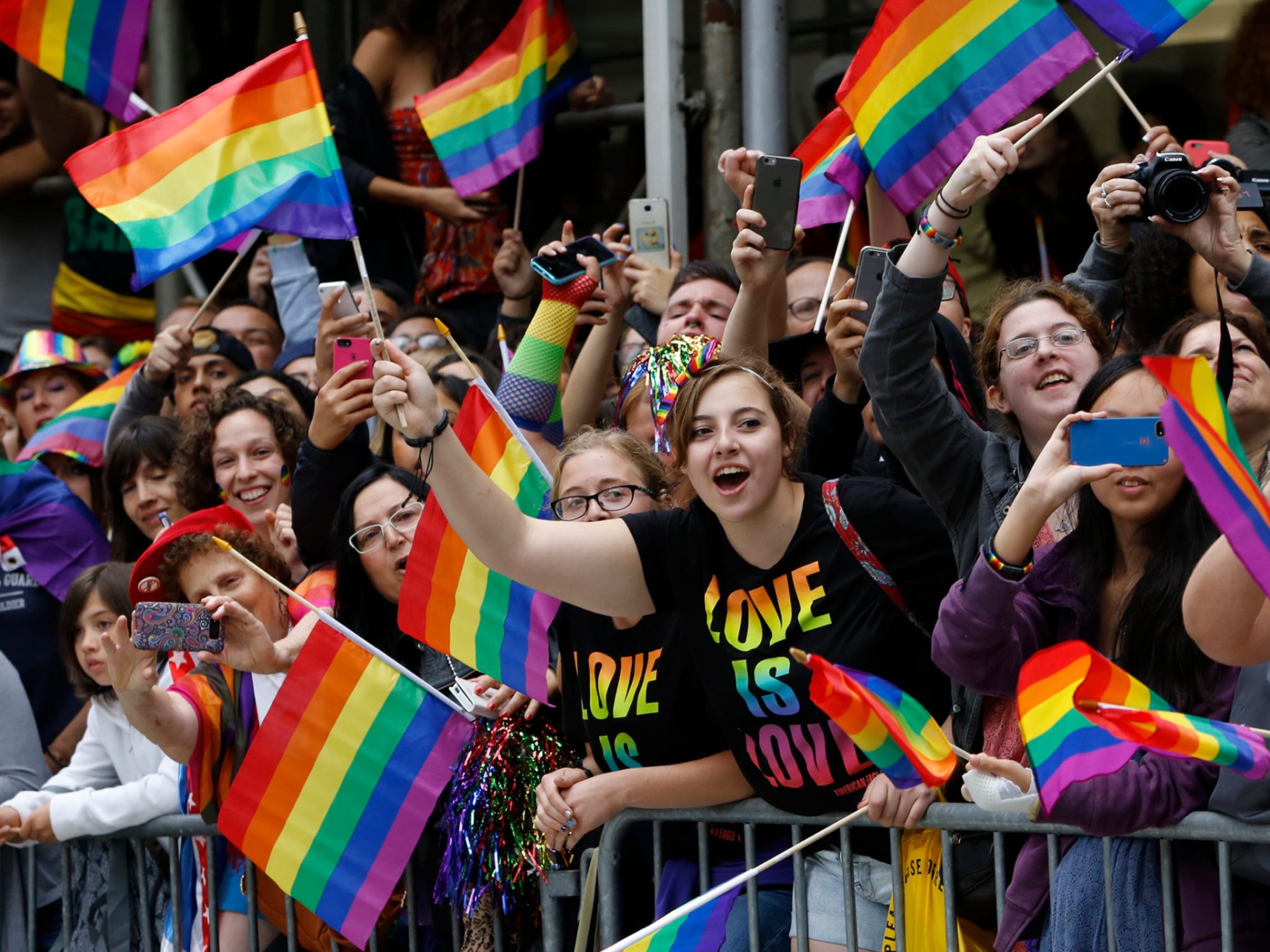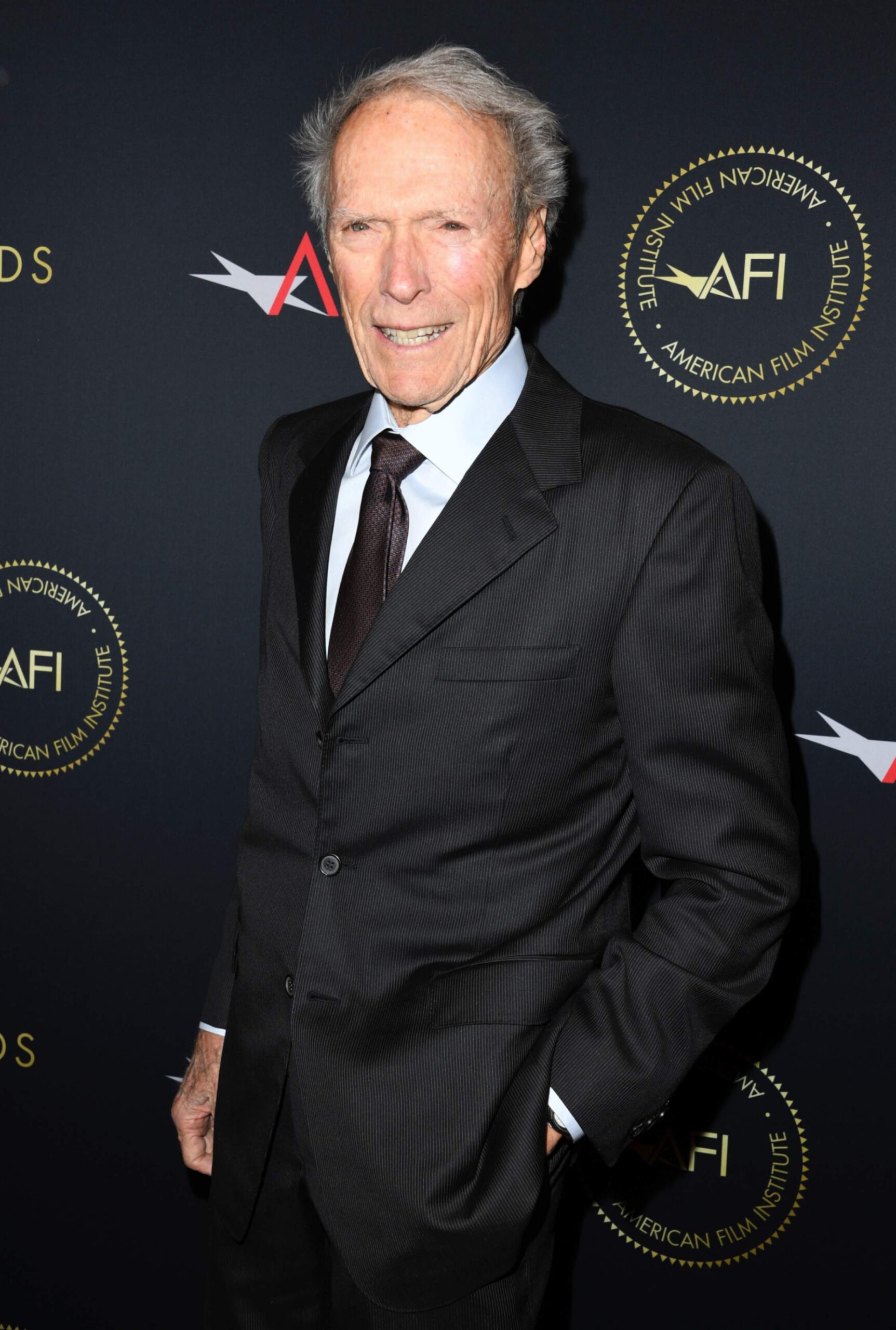Clint Eastwood, the iconic actor and director renowned for his roles in classic films such as “Dirty Harry,” “Unforgiven,” and “Gran Torino,” has recently stirred controversy with a provocative statement regarding Pride Month. In a candid interview, Eastwood expressed relief at the conclusion of Pride Month, stating, “Thank God I don’t have to hear about Pride Month for another year!” This remark has sparked widespread debate, highlighting the tension between public figures and the evolving conversations around LGBTQ+ rights and representation.

Eastwood’s comment appears to reflect a broader sentiment of frustration or fatigue regarding the annual observance of Pride Month. For many, Pride Month is a vital time to celebrate LGBTQ+ identities, honor the history and struggles of the LGBTQ+ community, and advocate for continued progress towards equality. The month of June is dedicated to these efforts, with parades, events, and various forms of advocacy aimed at promoting inclusivity and recognizing the contributions of LGBTQ+ individuals.However, Eastwood’s remark suggests a different perspective. His comment can be interpreted as an expression of discomfort with the increased visibility and discussion surrounding LGBTQ+ issues. This perspective is not uncommon, particularly among those who may feel overwhelmed or challenged by the changing social landscape and the emphasis on issues of diversity and inclusion.The reaction to Eastwood’s statement has been polarized. Supporters argue that he is entitled to his opinion and that it reflects a genuine, if controversial, viewpoint on the shifting cultural norms. They may see his comment as a reflection of the ongoing societal debates about the place of LGBTQ+ rights in public discourse.

Critics, on the other hand, view Eastwood’s statement as a dismissive attitude towards a critical aspect of social justice. For many, Pride Month represents not just a celebration but a crucial opportunity to address and confront systemic issues facing the LGBTQ+ community. The notion that Pride Month is merely an inconvenience rather than a significant and positive movement towards equality can be seen as undermining the struggles and achievements of LGBTQ+ individuals.3. Major Signs of Low Potassium LevelsEastwood’s remark also highlights a broader conversation about the role of public figures in social issues. Celebrities and influential individuals often use their platforms to either support or challenge various causes. Eastwood’s comment may be viewed as a departure from the growing trend of celebrities advocating for social change and using their visibility to promote inclusivity and understanding.The backlash against Eastwood’s comment underscores the complexities of navigating public discourse on sensitive topics. It raises questions about how public figures engage with social issues and the impact of their statements on broader societal conversations. For some, Eastwood’s comment might be seen as a call to examine the balance between free expression and social responsibility.In the context of Eastwood’s long and storied career, this controversy adds a new dimension to his public persona. Known for his often blunt and unapologetic style, Eastwood has built a reputation on his no-nonsense approach to both his roles and his public statements. This incident serves as a reminder that even long-established figures are not immune to the evolving expectations and sensitivities of contemporary culture.
As the public continues to grapple with Eastwood’s remarks, it is clear that discussions around Pride Month and LGBTQ+ issues will persist. The conversation reflects a broader societal debate about representation, inclusivity, and the role of public figures in shaping these conversations. For many, Pride Month remains a crucial opportunity for celebration and advocacy, regardless of individual opinions on its significance.In summary, Clint Eastwood’s comment about Pride Month has ignited a contentious debate, illustrating the ongoing tension between personal perspectives and societal values. While some may view his statement as a reflection of genuine sentiment, others see it as a dismissal of important social progress. This controversy highlights the complexities of public discourse on LGBTQ+ issues and the evolving nature of cultural and social conversations. As the dialogue continues, it remains important to consider the diverse perspectives that shape our understanding of inclusivity and equality.